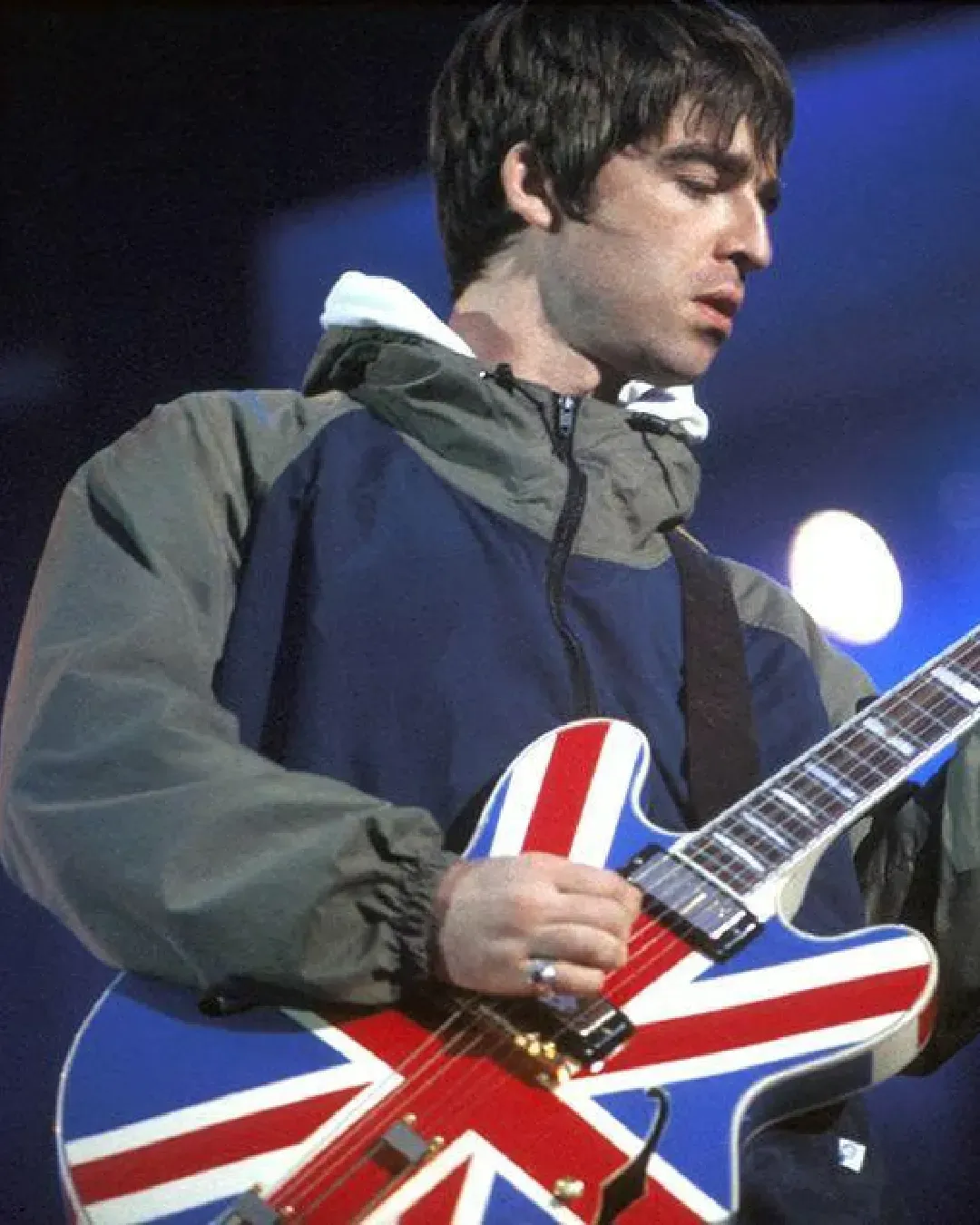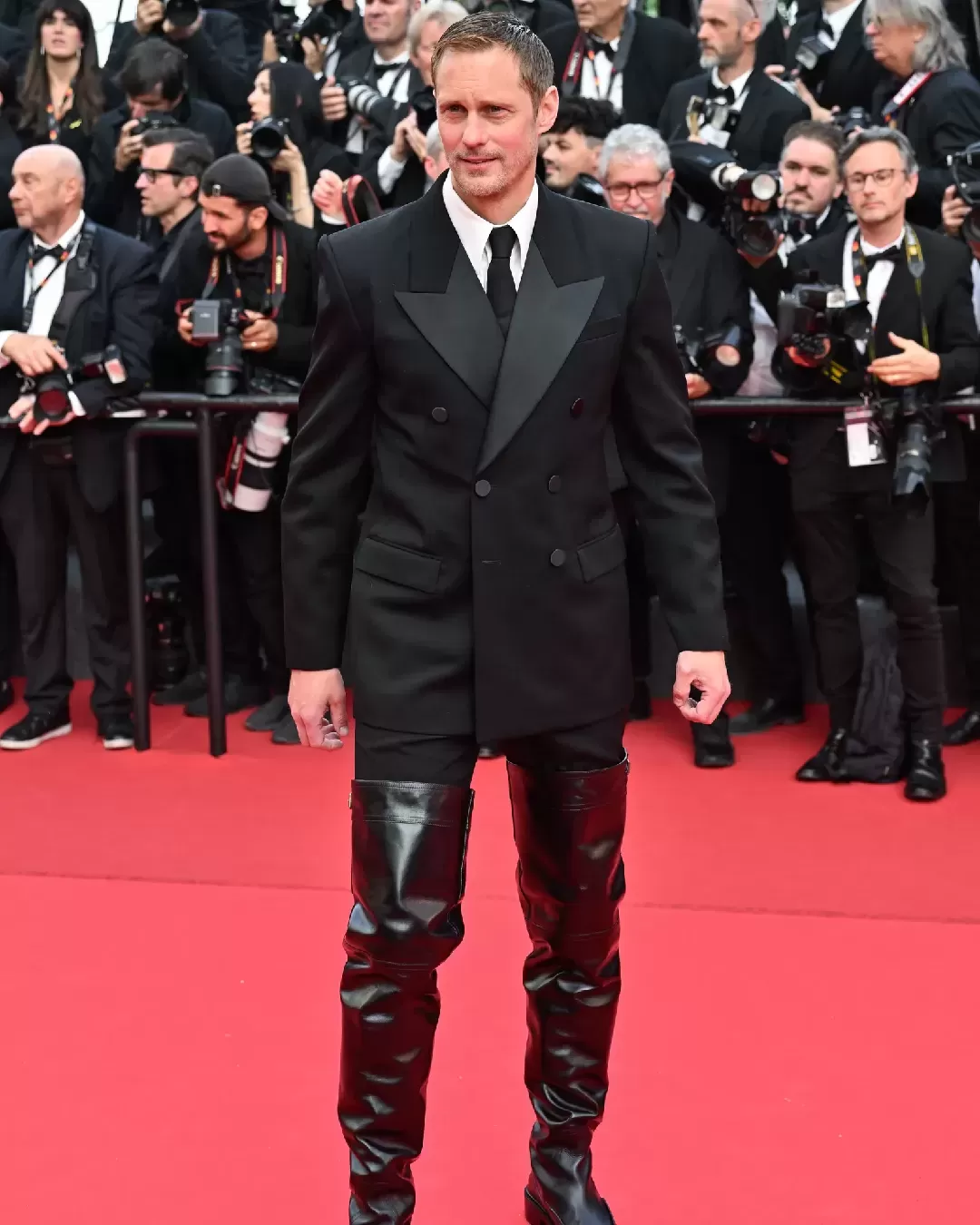
Riccardo Tisci's revolution “Modern luxury means being socially and environmentally responsible."
A new era has begun at Burberry.
The arrival at the historic English fashion house of Riccardo Tisci as creative director and Marco Gobbetti as CEO coincides with a new vision of small and large revolutions. The first? The re-branding by the graphic designer Peter Saville, who has revisited the logo with captivating and modern Sans Serif character, also accompanied by a renewed monogram, an interlocking lettering inspired by the archival drawings of the house.
The other is an important green-oriented change, as reported by Business of Fashion in a long article. First of all, the use of animal furs on the catwalk is forbidden; rabbit bandits, foxes, mink and Asian raccoon, only shearling remains. The most important news, however, is this: the brand will no longer destroy unsold products, a widespread method in the fashion world (many do, from H&M to Nike), to prevent items being stolen, counterfeited or sold off at prices too downs. Burberry says no more than this practice has always been strongly criticized that, in the fiscal year 2017/2018, had led the company to destroy 28.6 million pounds (36.8 million dollars) of product, including clothing, accessories and perfumes, ie around £ 105 million ($ 135 million) over the past five years.
Ok the desire to protect the image of a brand, but really the discount on the goods is more scary to the fashion industry that burn it, generating, according to BoF that quotes a letter written by the retailer ThredUp, 10% of global carbon emissions? Not for Gobbetti who said in a note:
“Modern luxury means being socially and environmentally responsible. This belief is core to us at Burberry and key to our long-term success.”
The new policy on the disposal of the unsold product fits perfectly with the broader business and merchandising strategy that the CEO has implemented since he officially assumed this role in July 2017, but is also in line with the trend to achieve smaller and more frequent collections that, by adopting a target and a more focused approach to product development and distribution, create less waste in the process. Burberry's CEO always points out in an interview for BoF:
“Having more frequent and tighter collections that can be really targeted […] that allows you to be much more precise in the way you design, you buy and you sell.” A perfect example of this philosophy? The capsule collection with Vivienne Westwood.
To know the upcoming Burberry revolutions, above all from the stylistic point of view, we should wait until September 17, when Riccardo Tisci will present his first collection as creative director of the label during London Fashion Week.

















































